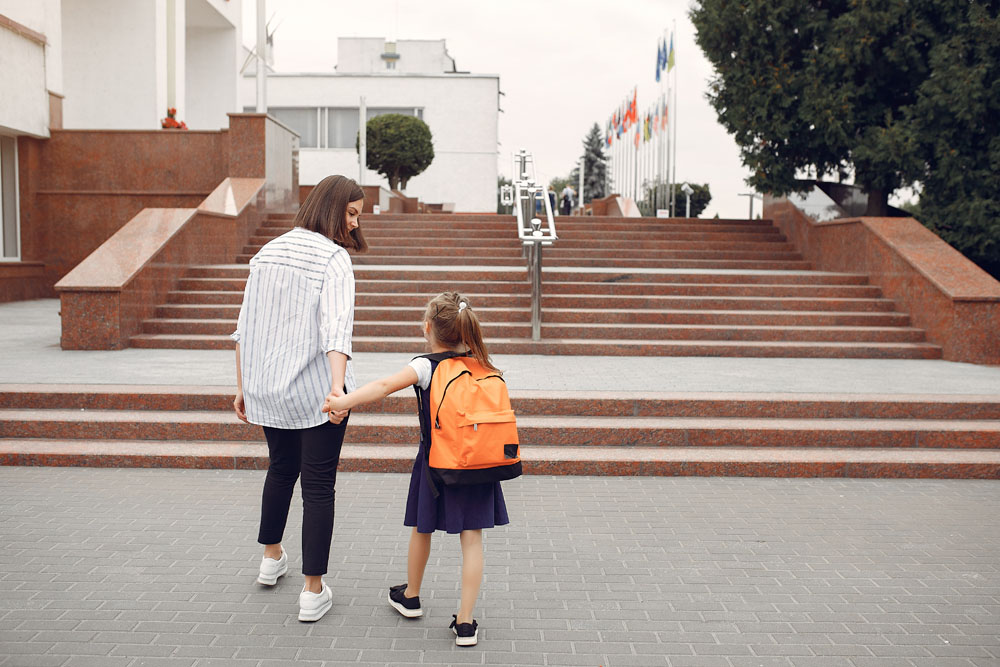The evolving international education school scene in Malaysia has created student boarding options that have become not only plentiful, but also developed in terms of facilities and standards. Historically, it was during the era of British colonial expansion that the British boarding school became the entity it is today. British families posted abroad would put their children in boarding school to ensure the continuity of their education and to keep them within a British cultural setting.
Types of boarding
There are three main boarding options in general: full boarding, weekly boarding and flexible boarding. Full-time boarding means that the child stays in school seven days a week. In comparison, weekly boarding translates into a five-day boarding week, with the child going home every weekend. The third option is flexi-boarding, which allows the child to board one or several nights a week, depending on his or her preference. Over the past decade, there has been an increase in the number of schools offering boarding facilities in Malaysia, especially in Penang, Johor and the outskirts of Kuala Lumpur.
Characteristics of boarding school
There are a number of British boarding schools in Malaysia — majority of them are sister branches to the schools in the United Kingdom. The National Curriculum of England, also known as the British Curriculum, is taught at all British boarding schools. A British boarding school education increases the chance of gaining entry into top universities in the United Kingdom. The student accommodation at boarding schools are called boarding houses. Each school has several boarding houses with its own name, emblem and identity. Each boarding house is looked after by a house-parent who is responsible for the well-being of students living there. A boarding school education encourages students to be responsible individuals with good discipline. This is because students follow a daily routine during weekdays. British boarding schools are usually built on huge plots of land and have impressive architecture. Some of the common facilities at boarding schools are Olympic-sized swimming pools, football fields, modern auditoriums, libraries, and high-tech computer rooms. Boarders have the opportunity to join many activities as they live on school grounds.
Considerations for parents thinking of sending their child to a boarding school
There are several factors that you will need to take into account if you are considering a boarding school education for your child. First, you have to consider your child's personality and needs. Age is another important factor, and the younger they are, the harder it is for parents and children to cope. However, most children do eventually adapt and reap the full benefits of boarding! If you are still unsure about sending your child to a boarding school even after talking to family, friends and school representatives, subject to the school's boarding policy, you may want to try flexi or weekly boarding first. This will allow your child to ease into the process and give you enough time to assess the suitability of boarding for your child. In addition, bear in mind the extra cost that boarding will impose. Most international schools will charge an annual boarding fee inclusive of accommodation, meals, laundry services and cleaning services, among others.
Benefits of boarding
A number of parents considering an international education for their child are opting for boarding schools to reap the many benefits of boarding. As students live on school grounds, getting to class is convenient and hassle-free. Parents do not have to worry about the long commutes to school, giving them more free time to focus on their careers. Boarding schools are equipped with conducive living spaces, countless amenities and transport facilities. There is also a strong focus on academic excellence at boarding schools as they have strict rules on punctuality in addition to designated periods for studying and completing homework after school hours. Furthermore, boarders have the opportunity to build lifelong friendships with their roommates, dormitory mates and classmates. This is because boarding schools are the students’ second home and promote a strong family culture. Boarding schools also teach students important life skills such as independence, time management, teamwork, open mindedness and tolerance.
Click here to find schools that have boarding facilities!















![[Maahad Tahfiz Negeri Pahang] Asia Youth International Model United Nations](https://mint-edm.sgp1.digitaloceanspaces.com/production/qKffTsfZisDxO4b6kcejusAA7mWWgL.jpg)





















